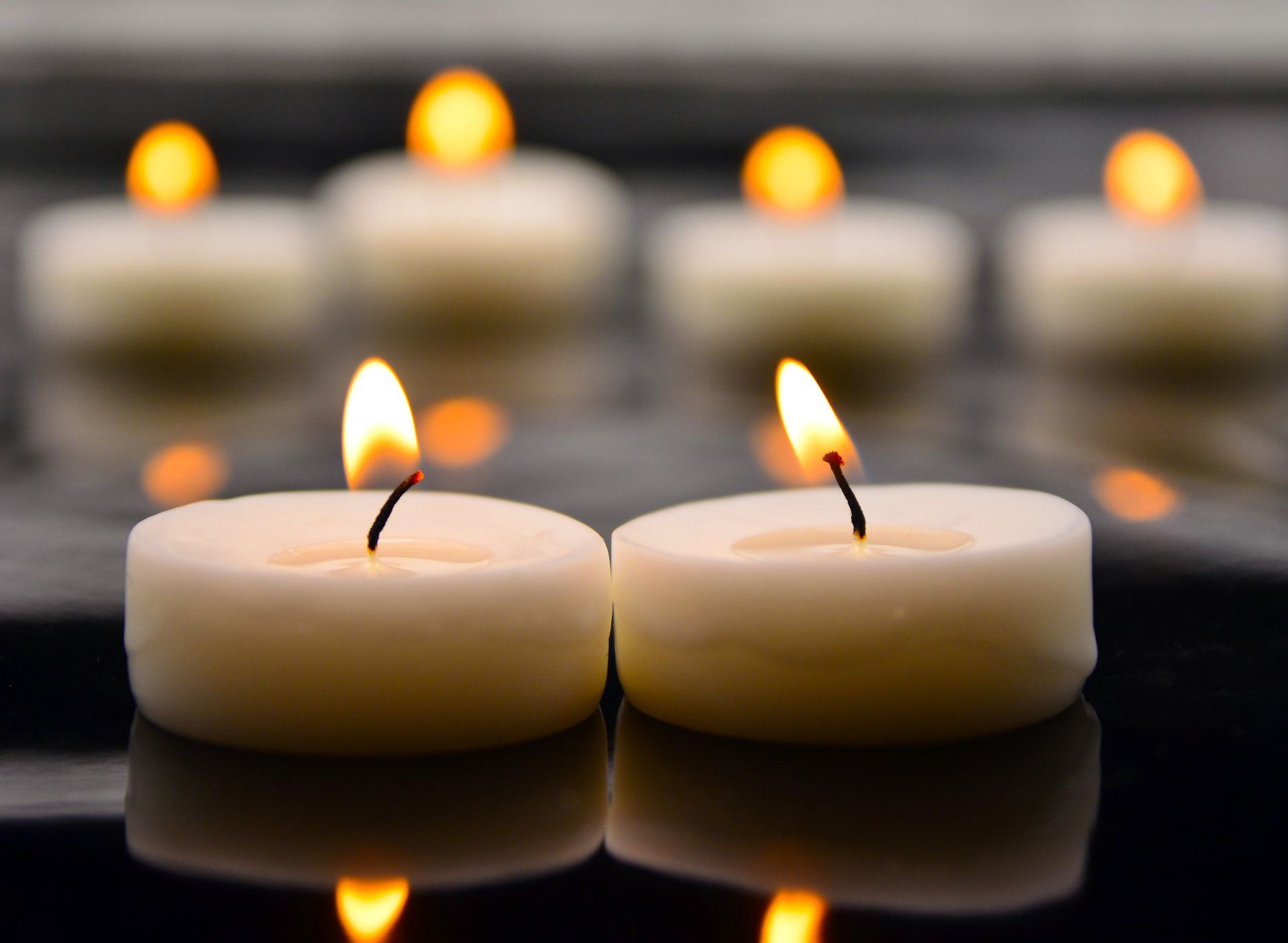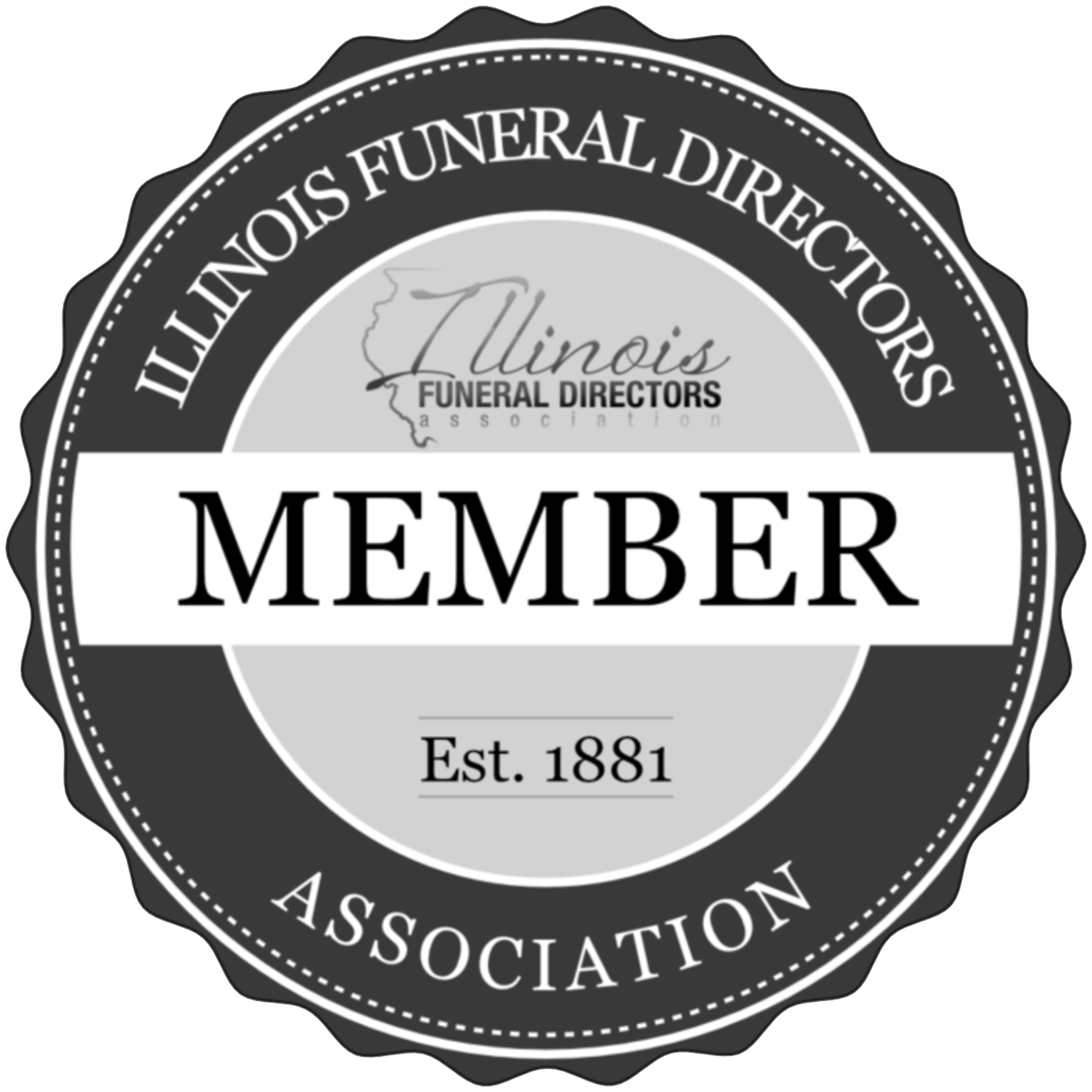Memorials & Celebrations
Unlike traditional funerals, memorials and celebrations of life are gatherings that usually don’t include a casket, although they may feature an urn with the deceased's ashes. These gatherings can be held weeks or even months after the passing, and can take place in various settings—such as a church, funeral home, community hall, or a place that held special meaning for the deceased and their loved ones.
While memorials and celebrations of life have much in common, they can look and feel quite different. Both are ceremonies bringing together people who have experienced a shared loss, but one often reflects longstanding traditions, while the other tends to embrace modern shifts in social values.





